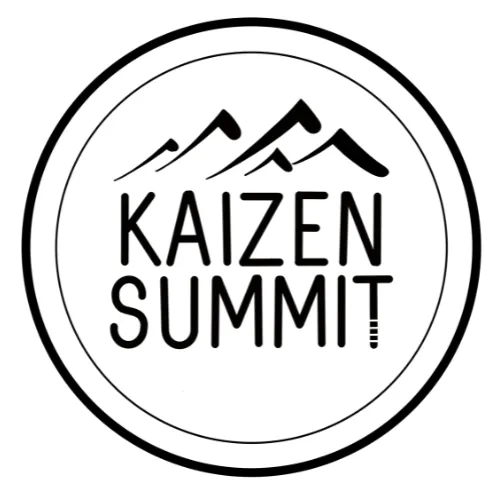
Succeeding? Start Asking questions
Succeeding? Start Asking Questions
Success can be deceptive.
When results are strong and momentum is building, it’s easy for leaders—especially new ones—to settle into a sense of comfort. But that’s often when risk is highest. Not from outside forces, but from within. The creeping mindset that says: we’ve got this covered.
At Kaizen Summit, we teach that leadership starts with ownership—not just of outcomes, but of what lies ahead. One of the most important habits a leader can develop is the discipline to look for cracks, even when the surface appears smooth.
The Subtle Danger of Winning
In military history, there’s a term for it: the disease of victory. It describes the moment when repeated success creates overconfidence. The team begins to believe it’s unbeatable. Planning slips. Awareness narrows. And preparation for the unexpected fades.
This isn’t arrogance. It’s human nature. Victory fuels confidence, and confidence can quietly slip into complacency. But when leaders stop asking, “What could go wrong?”, they stop leading.
Structured Guidance—a core Kaizen Pillar of Performance—means having systems in place to check your blind spots. Even when the scoreboard looks good.
When Pressure Tests Are Absent, We Invent Them
In elite military training, leaders are regularly assessed not by how smoothly things run, but by how they handle setbacks. The red flag isn’t chaos. It’s when everything feels too easy.
Instructors know that when a team says “We’re crushing it,” they haven’t been tested hard enough. The strongest leaders respond differently. They say, “We’re doing well—but we’ve got plenty to work on.”
This mindset reflects Continuous Improvement. It’s not about negativity. It’s about humility and awareness.
When things go well, ask more questions—not fewer.
Reflection Is a Leadership Tool
For early-stage leaders, the lesson is simple but powerful: don’t be lulled by wins. A good outcome doesn’t always mean a good process. Every time you succeed, take a moment to step back.
Ask:
Did we win because of preparation, or in spite of something we missed?
What systems kept us on track—and where did we get lucky?
If the same challenge happened again with one key variable changed, would we still succeed?
These aren’t signs of doubt. They’re signs of leadership.
Skill Mastery involves assessing your own judgement under pressure—and improving it incrementally over time. Sound like lessons learned from grappling?
The Discipline to Stay Ready
When everything is going right, your job is to stay alert. This doesn’t mean being anxious. It means being intentional.
Complacency doesn’t start with a bad decision. It starts with no decision. A lack of review. A skipped debrief. A delay in planning the next contingency. The earlier you catch this drift, the easier it is to course correct.
This is where Community Connection matters too. The right team culture keeps everyone honest. It values truth over comfort and growth over ego.
At Kaizen Summit, we believe your team is your mirror. If they stop challenging one another, progress stalls.
Pause. Reflect. Prepare.
As a new leader, learn to celebrate wins—without relaxing your standards. Success is not the finish line. It’s an opportunity to recalibrate.
Ask yourself today:
Where might I be assuming everything is fine, when I should be asking deeper questions?
Growth is about staying just uncomfortable enough to remain sharp.
Because real leadership begins when the pressure is off—and you prepare anyway.
